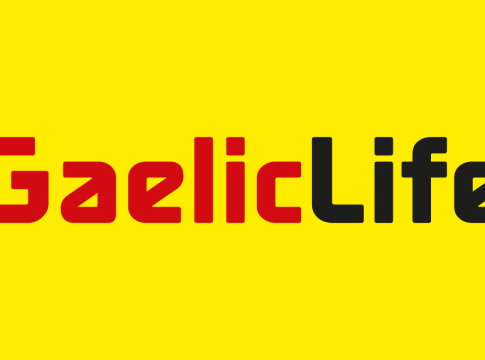The Truth About Recovery: Ditching Gadgets for Fundamental Techniques
In today’s fast-paced world, the market is flooded with gadgets promising to optimize recovery—think smart recovery tools and tech-driven fitness regimes. However, Shane Rice argues for a reevaluation of our reliance on consumer technology in his article published on Gaelic Life. Let’s dive into his perspective and what it means for athletes and fitness enthusiasts.
Embracing the Basics
Rice emphasizes that truly effective recovery isn’t about the latest gadget; it’s rooted in fundamental practices. These foundational strategies can include:
- Rest and Sleep: Essential for muscle repair and mental rejuvenation.
- Hydration: Critical for performance and recovery.
- Nutrition: A well-balanced diet aids tissue repair and energy replenishment.
While technology can certainly enhance your recovery, it should not be the sole focus for athletes seeking improvement.
The Gadget Downside
Consumer tech often positions itself as a panacea for fitness recovery. Wearables and recovery devices can become distractions rather than tools. Here are some points to consider:
Pros:
- Data Tracking: Many devices provide insights into sleep quality, hydration levels, and overall fitness metrics.
- Motivation: Tracking progress can motivate users to stay committed to their recovery plans.
Cons:
- Over-Reliance: Athletes might depend too much on gadgets, undermining the importance of basic recovery practices.
- Cost: High-end devices often come with hefty price tags, diverting funds from essential, and more effective, recovery techniques.
Innovations vs. Essential Practices
Many brands launch intricately designed devices, from smart foam rollers to advanced muscle stimulators. While some may offer innovative features—such as app connectivity and real-time feedback—they can’t substitute for age-old wisdom.
For example, compared to using a simple stretching routine, an expensive muscle massage device may provide little long-term benefit if basic techniques are ignored.
Cost and Availability
Gadgets can range dramatically in price; for instance, a basic fitness tracker starts at around $50, while premium recovery devices can climb upwards of $300 or more. However, investing in your understanding of fundamental recovery methods is typically more cost-effective and beneficial in the long run.
Conclusion: Focus on What Truly Matters
The takeaway? Instead of getting swept up in the allure of high-tech recovery solutions, hone in on simple, effective practices that yield lasting benefits. Physical recovery is a journey, not a race, and the most significant gains often come not from flashy gadgets but from time-tested habits. As you continue to fine-tune your recovery strategy, remember: the basics never go out of style. The road to optimal performance lies not just in what you wear on your wrist, but in what you do with your body and mind every single day.

Writes about personal finance, side hustles, gadgets, and tech innovation.
Bio: Priya specializes in making complex financial and tech topics easy to digest, with experience in fintech and consumer reviews.

